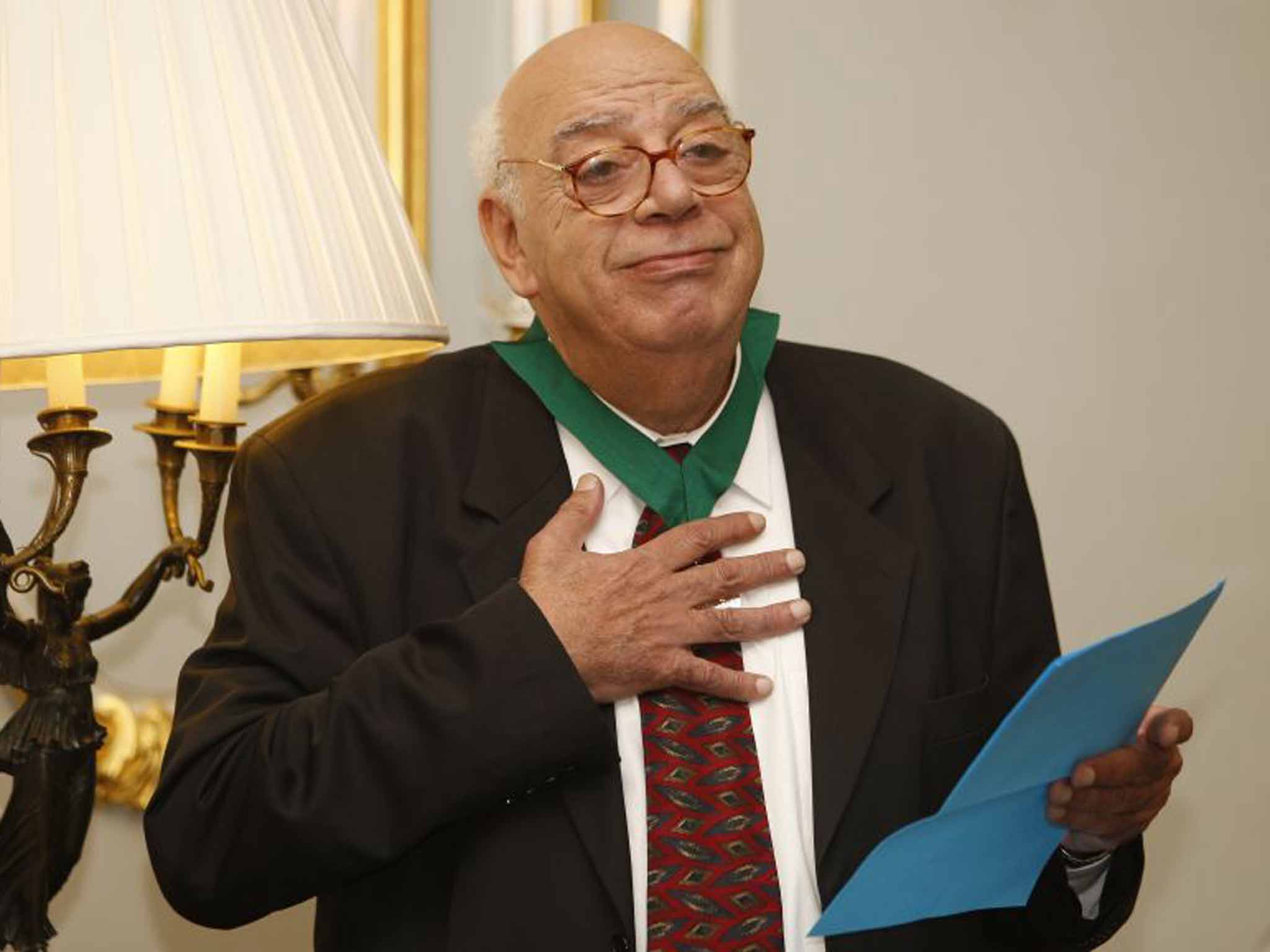Ali Salem: Writer who spoke out in favour of co-operation with Israel and was blacklisted in his native Egypt
Several other of his plays, including The Phantom of Heliopolis, The Comedy of Oedipus, The Man Who Fooled the Angels and The Buffet, are widely regarded as classics of Egyptian theatre

Your support helps us to tell the story
From reproductive rights to climate change to Big Tech, The Independent is on the ground when the story is developing. Whether it's investigating the financials of Elon Musk's pro-Trump PAC or producing our latest documentary, 'The A Word', which shines a light on the American women fighting for reproductive rights, we know how important it is to parse out the facts from the messaging.
At such a critical moment in US history, we need reporters on the ground. Your donation allows us to keep sending journalists to speak to both sides of the story.
The Independent is trusted by Americans across the entire political spectrum. And unlike many other quality news outlets, we choose not to lock Americans out of our reporting and analysis with paywalls. We believe quality journalism should be available to everyone, paid for by those who can afford it.
Your support makes all the difference.Ali Salem was an Egyptian playwright, author and political commentator who attracted much opprobrium when he spoke in favour of co-operating with Israel. The Los Angeles Times described him as “a big, loud man known for his satiric wit”.
Beginning in 1965, he wrote 25 plays and 15 books, specialising in allegorical and satirical critiques of Egyptian politics. One of his most celebrated plays was the 1971 comedy The School of Troublemakers, which depicted a rowdy school class transformed by the efforts of a kindly teacher. Several other of his plays, including The Phantom of Heliopolis, The Comedy of Oedipus, The Man Who Fooled the Angels and The Buffet are widely regarded as classics of Egyptian theatre.
In 1994 he wrote the book My Drive to Israel about a trip he took to the country to satisfy his curiosity after the Oslo Accords had been signed. He said the trip was not “a love trip, but a serious attempt to get rid of hate. Hatred prevents us from knowing reality as it is”.
He concluded that “real co-operation” between the two nations was possible. The book sold more than 60,000 copies in Egypt but provoked an outcry, and Salem was ostracised by the country's intellectual community and expelled from the Writer's Syndicate.
Salem did not have another play or film script produced in Egypt, though he continued to write for foreign-based newspapers. A memoir by Salem was later adapted by Ari Roth into the 2005 play Ali Salem Drives to Israel. In 2008, Salem was awarded the Train Foundation's Civil Courage Prize in recognition of his opposition to radical Islam and his support of co-operation with Israel.
Ali Salem, writer: born 24 February 1936; died 22 September 2015
Join our commenting forum
Join thought-provoking conversations, follow other Independent readers and see their replies
Comments